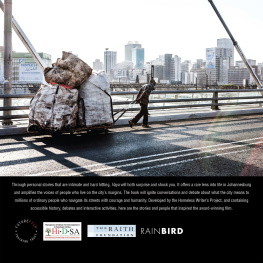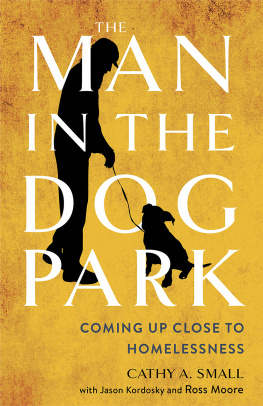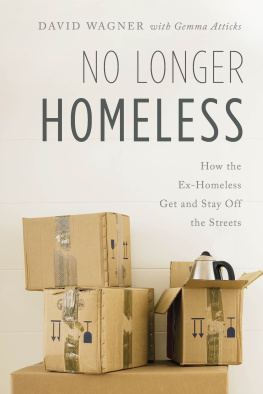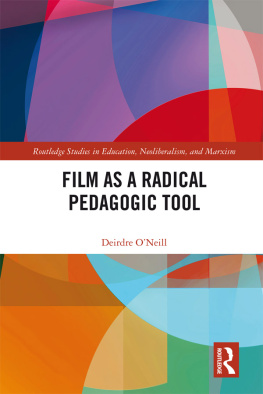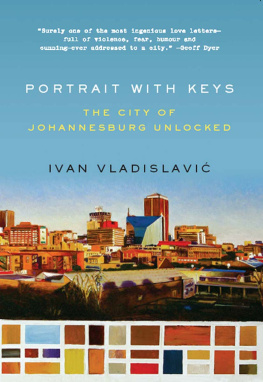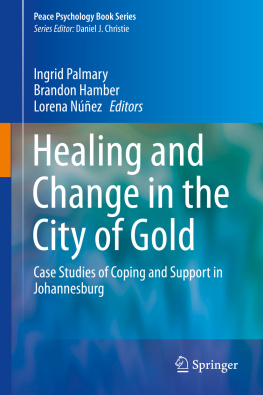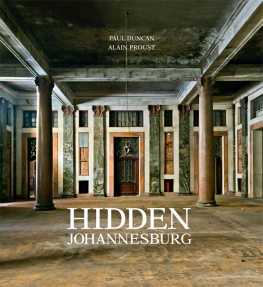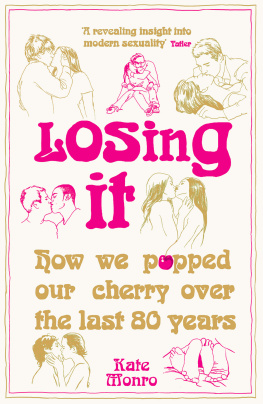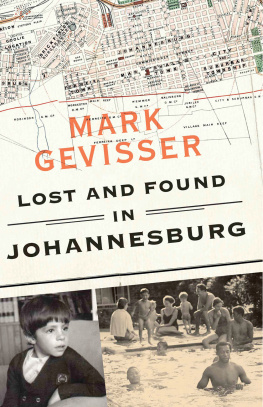This project represents hope and pride. I have endured and persevered to get here.
My story matters.
David Majoka
Storyteller and Writer
By grounding urban analysis in everyday lives, we come closer to understanding what the
city means in peoples lives and how urban actors in the margins and the centre contribute to
its creation.
Caroline Wanjiku Kihato
Migrant Women of Johannesburg
Text: The Future Film Training Trust, 2017
Photographs: Mark Lewis, 2017
This book was made possible by the generous funding of The RAITH Foundation Trust and the Hlanganisa Institute for
Development Southern Africa (HiDSA). The views expressed herein are those of The Future Film Training Trust and do
not refect the offcial opinion of the funders.
Vaya
the book is a project of The Future Film Training Trust.
Trustees: Christopher Todd, Akin Omotoso, Yaw Peprah
Homeless Writers Project Founder: Robbie Thorpe
All rights reserved. No part of this publication may be reproduced, stored in a retrieval system, or transmitted in any
form or by any means, electronic, mechanical, photocopying, recording or otherwise, without the prior permission of
the copyright holder.
Copyright in this book as a whole is vested with the RAITH Foundation Trust, HiDSA and The Future Film Training Trust.
If you wish to reproduce or use any stories from this book for educational purposes please contact The Future Film
Training Trust for permission. The contents may be reproduced by any methods without a fee as long as the purpose is
not for resale. The RAITH Foundation Trust, HiDSA and The Future Film Training Trust must be acknowledged in such
reproduction.
ISBN: 978-1-928333-07-4
e-ISBN: 978-1-928333-08-1
First edition, frst impression 2017
Published on behalf of The Future Film Training Trust by Rainbird, an imprint of Bookstorm (Pty) Ltd
The Future Film Training Trust
PO Box 87258
Houghton 2041
Johannesburg
South Africa
Compiled and edited by Harriet Perlman
Additional authors
Peter Delius: A Small History of a Big City; Migrants and the City
Jenny Button: Making Change
Edited by Wesley Thompson
Proofread by Kelly Norwood-Young
Photography by Mark Lewis
Cover design by Ren de Wet
Book design and typesetting by Ren de Wet
Printed by Pinetown Printers, Pinetown
The people and stories that inspired the award-winning film
UNTOLD STORIES OF JOHANNESBURG
CONTENTS
Its Wednesday morning 11:00 am. We laugh as Tshaba acts out his unfortunate encounter
with the local street barber when the electricity went off mid-haircut in Diepkloof. Then David
recounts another narrow escape on the streets of Hillbrow and Madoda tells us about Cele, the
night security guard who let him sleep in the boardroom when it was cold. Anthony arrives late
and breathless to recount how he escaped an umashonisa (loan shark) who came to find him.
These are the intimate, hard-hitting, funny and heartbreaking stories shared in the Homeless
Writers Project. They are tales of living on the street, of finding family and friendship in unusual
places, and coming to the city full of hope and promise only to be betrayed by the very people
one trusted most.
Filmmaker Robbie Thorpe started the Homeless Writers Project in 2009, and Harriet Perlman
joined soon after. The project gives a voice to the voiceless by creating opportunities for stories
to be developed into films and published media. It provides a space to share experiences, to
shape, reframe and write them down. A space where, for a few hours each week, the grind of
everyday living is put aside, stories are told and friendship is shared.
It was here that the film script for Vaya was crafted in story workshops, where Tshabalira
Lebakeng, Anthony Mafela, David Majoka and Madoda Ntuli shared their stories over a period
of six years. This book brings you the people and stories that inspired the film.
Mark Lewiss vivid and moving photographs illuminate both the storytellers and the
world in which they move. Peter Deliuss small history of a big city gives an overview of how
Johannesburg was shaped by gold mining and racist policies. Sarah Charlton provides insights
into contemporary debates about homelessness and the provision of accommodation in the
city. The Talking Points highlight the complexity of the challenges ahead. How do we shape
and remake the city so that it provides a real home to all who come here in search of a better
future? Our rights to the city are embedded in the Constitution, but rights have no meaning until
you can claim them.
INTRODUCTION
The Homeless Writers Project
The chapter Making Change gives ideas for discussion and community action, and
explores innovative practices on how to use stories and social media to build social justice.
Vaya , meaning to go or to go away, provides a rare lens into life on the margins of
Johannesburg, where the city makes you invisible. The stories will both move and inspire you.
Vaya will open a window into worlds and lives you never imagined were so close by. It amplifies
the voices of marginalised people and makes them heard.
We hope that Vaya ignites conversation and debate about what the city means to millions
of people. People who, with limited opportunities and few resources, navigate the streets with
courage and humanity in a world that is both capricious and unforgiving.
Harriet Perlman Producer/Writer
THE CONTRIBUTING WRITERS
Tshabalira Lebakeng
I grew up in Umbilo in KwaZulu-Natal where my mother was a
domestic worker. When I was 12 years old she kicked me out
and I lived on the streets of Durban, where I performed little
shows for money. Two years later I landed up in the village of
Thabakhubedu (the red mountain) where I looked after cows and
goats. When I was 25 I found my fathers family they lived in
a village 100 kilometres away. And so I stayed in Matatiele with
my grandmother and my father for a few years. In 2001 an aunt
in Joburg invited me to come to work for her. She had a little
business selling food on the streets and she needed help. But
for the next four years I worked like a slave for her, earning not
a cent. Finally my aunt in Diepkloof saved me and took me in. I
went back to school. Now I have a matric, people who love me,
and a big stomach.
Anthony Mafela
I was born and raised in Chiawelo, Soweto. I grew up with my
mother and two sisters. When I was seven years old I played
the drums on the streets with my friends and dreamed about
recording songs and one day becoming a producer. By the time
I was 16 I had become involved in drugs and gangs. But my life
changed one night when my friend was shot and killed. So I went
to live in the suburbs with my uncle. I got a job at a car wash as
a valet technician and stopped taking drugs. In 2014 I moved

